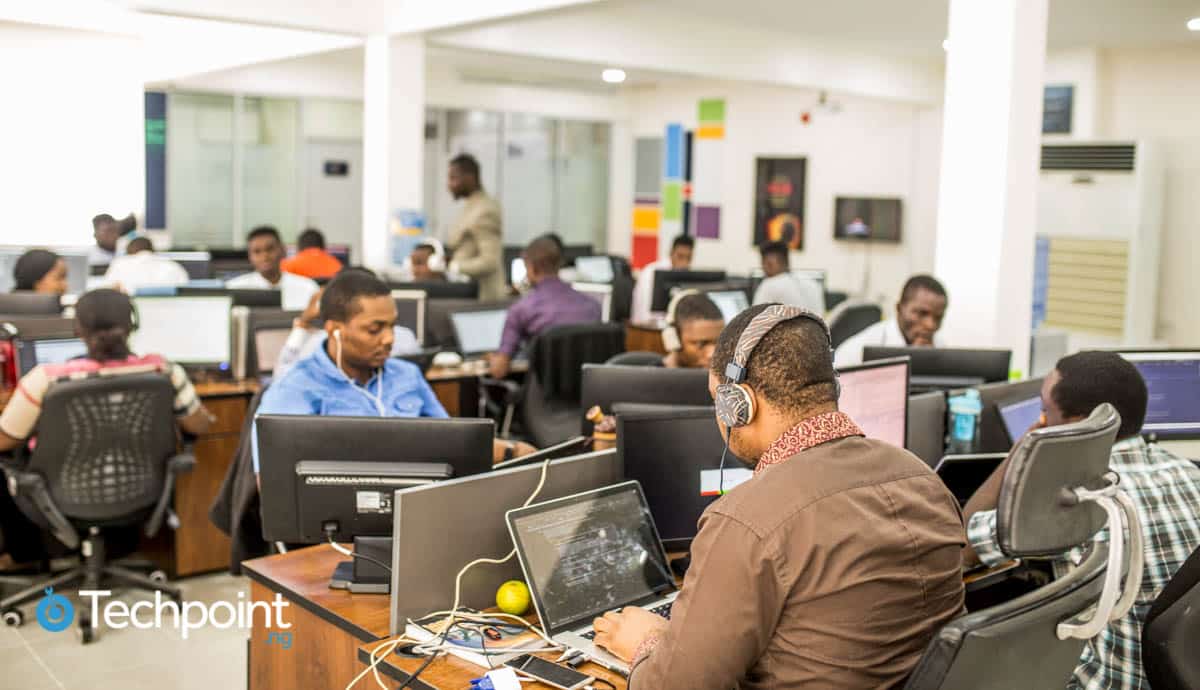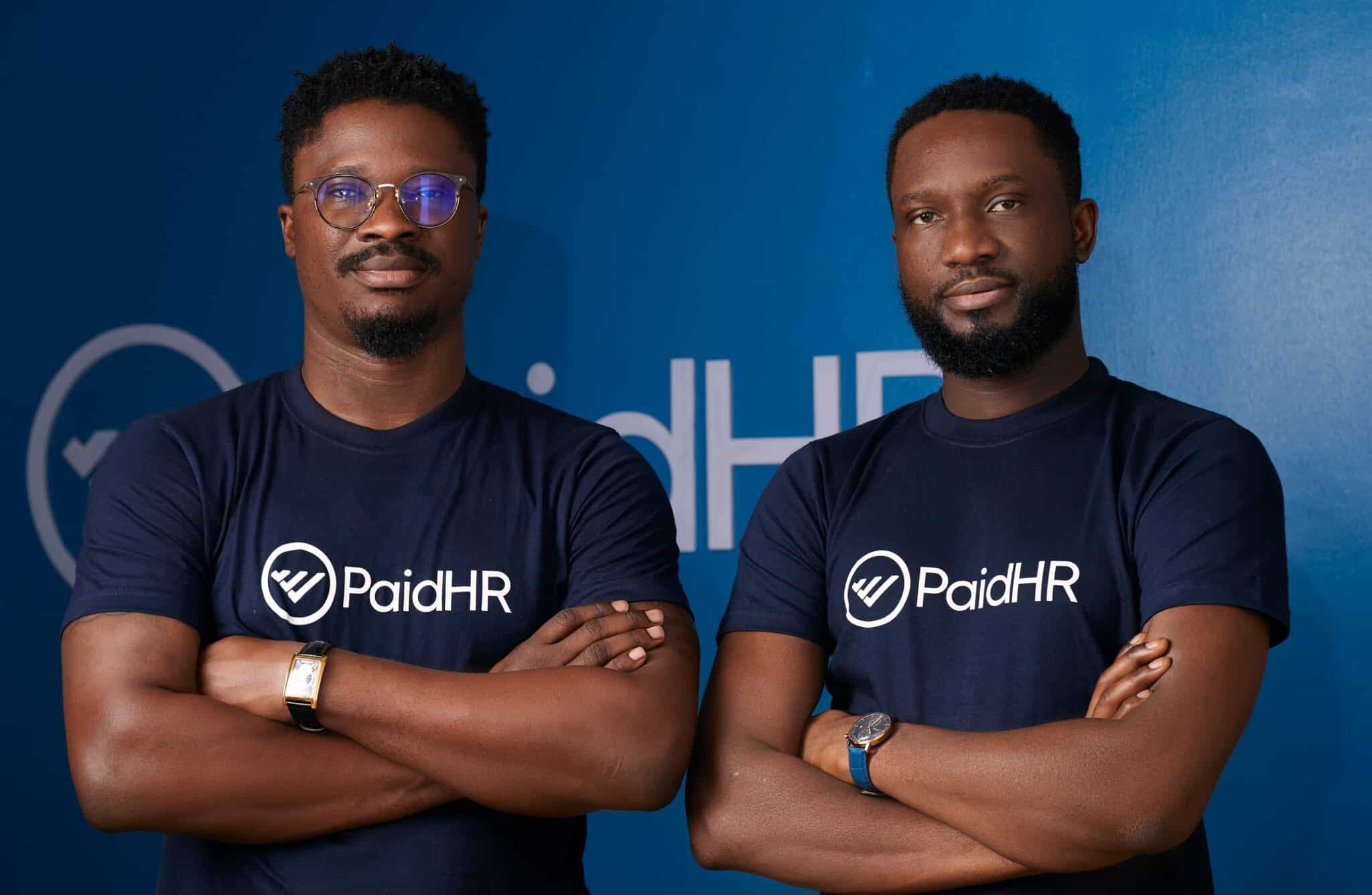Concluding his talk on this podcast, Adewale Adeyemo, CEO/Co-founder of Zacrac, advised founders to take care of their startup’s most valuable assets — people. He also adds that employers should be creative about ways to appreciate their workers because they bring in their expertise and commitment to make the company grow.
Nigeria’s startup scene is a combination of innovation and ambition, which means talent are often looking for the best environment to express these two values.
It’s also quite competitive, showing that any startup’s survival can be determined by its ability to attract and retain quality talent. Forward-thinking companies understand this reality, and they’re now going beyond traditional compensation packages to create a culture that values and empowers their workforce.
This article dives into the evolving landscape of employee benefits offered by Nigerian startups. It also intends to serve as a guide for founders to know employee perks adopted by their counterparts in the space and the key platforms that help them provide them innovatively.
In addition to basic remuneration, there are perks designed to nurture both the wellbeing and professional development of employees.
From financial wellness programs (earned wage access and loans) to comprehensive health and wellness packages (HMOs, mental health resources, gym memberships), startups are also investing in their people through logistical support, relocation assistance, and continuous learning.
Health and wellness
There is a valid correlation between work and health. When employees feel their best — physically and mentally — they are less likely to miss work or be present and unengaged due to health concerns. Plus, absent employees cannot perform optimally.
Also, fatigue can come from insufficient physical activity, which can affect focus and dip productivity. Hence, getting assistance in keeping employees fit in this aspect is important.
Health insurance is a benefit workers want to know is available before taking any job offer. A 2021 Gallup study showed that 1 in 6 American working adults remain in unwanted jobs for the sake of health insurance.
Let’s look at the different forms health and wellness benefits take in Nigeria’s startup space.
Health Maintenance Organisations (HMOs): HMOs provide employees with access to a network of healthcare providers at discounted rates.
Gym membership: Some companies provide access to fitness facilities to encourage employees to prioritise physical activities.
Employee Assistance Programs (EAPs): This can range from stress management to mental health support. EAPs offer confidential counselling and support services for employees to deal with personal or work-related challenges that could impact work
Healthy food options: These come in the form of free or heavily subsidised meals and snacks.
Other wellness programs: Beyond traditional healthcare, some companies offer wellness programs like routine meditation and yoga classes and spa/massage sessions.
Startups that provide these services
Startups that play in the Nigerian HMO space offer different health insurance plans to individuals, families, and corporates.
They help companies provide employees with access to a network of hospitals, pharmacies, gyms, spas, and EAP providers at pre-negotiated rates.
Specific pricing for corporate plans depends on factors like the number of employees, chosen coverage level, and location. These costs range between ₦15,000 and ₦40,000/annum.
Providers
- Reliance HMO
- Hygeia HMO
- Motherboard
- AVON HMO
- WellaHealth
- Cassava
- Edenlife
Financial wellness
Especially for those who get paid monthly, financial stress/insecurity can cause a drag on employee morale and productivity, and induce worry, anxiety, and difficulty concentrating at work.
Employers get involved in employees’ financial wellness in different forms, including:
Earned-wage access: This is different from salary advance as it is access to a fraction of one’s salary before payday. This is done by tracking the number of days the employee has already worked for and paying them an equivalent of the wage earned for that period. This Techpoint Africa article gives a comprehensive idea of this service.
Salary-on-demand: Unlike earned-wage access, this allows employees to access a loan which is equivalent to their next salary at any point in the pay cycle.
Loans/salary advance: This helps employees secure a loan based on their expected earnings. Borrowed funds are repaid through payroll deductions over a period of time. If a provider is involved, this service would attract an interest rate or additional fees. However, interest rates may not apply if it is handled directly by the employer.
These loans can be used for asset purchases (cars and gadgets), rent, or expenses resulting from personal projects.
Startups providing these services
Ordinarily, Human Capital Management (HCM) platforms often integrate financial wellness features into their enterprise solutions to provide these services; however, the infrastructure that make it possible are built by SaaS fintech startups.
Nigerian HCM startups offering financial wellness services include:
- Bento Africa
- HumanManager
- Motherboard
- Pade
- Credley Africa
- Flance
Logistics
Daily commutes can be a source of stress and financial strain, especially for companies running physical or hybrid work arrangements. Having a reliable and convenient transit option will encourage employees to arrive on time and in the right state of mind to begin work.
Logistics support comes in the form of:
Company-provided shuttles/rides: Some companies that can afford it opt to acquire their own shuttle buses to pick up and drop off employees at designated locations. Those who can’t afford it subscribe to third-party shuttle services. Meanwhile, startups with deep pockets provide official cars for their executives.
Ride-hailing apps with business wallets: Companies leverage ride-hailing apps for business commutes for their staff by setting up business wallets. This allows employees to request rides for official business on the company’s tab, reducing personal transportation costs and ensuring convenience.
Providers
- Shuttlers
- Uber
- Bolt
Learning and Development (L&D)
Forward-thinking Nigerian startups recognise the importance of Learning and Development (L&D) programs as a valuable employee benefit.
These programs equip employees with the skills and knowledge they need to excel in their roles and adapt to changing industry demands.
Employees who enjoy these benefits tend to believe their employers are invested in their development and future in the company, thus making them committed and loyal to the company’s growth.
This can also be an employer’s means of employee retention.
L&D services come in the form of:
Learning Management Systems(LMS): These systems allow companies to create, deliver, and track employee training programs online. HCM platforms often integrate LMS features that can be bespoke to the company’s workforce needs.
Microlearning: These are bite-sized learning modules that are easily accessible and flexible to fit employees’ busy schedules. These courses can be accessed via specialised platforms, usually third-party providers.
Online courses: Companies sometimes partner with online learning platforms to provide subsidised access to learning opportunities through various business and professional development courses.
Providers
- SeamlessHR
- Zoho People
- Motherboard
- HumanManager
- Talstack
Other perks and providers
On-site childcare support: Baby Lounge
Company outings or retreats: Culr











